How To Get Rid Of Smegma: Causes, Prevention, And Treatment
Look for the symptoms because leaving the skin condition untreated only aggravates the situation.

Image: Shutterstock
Smegma is a substance naturally produced by the body in both the male and the female genitalia. The oils in smegma play a role in natural lubrication to keep the genitals moist. It is not considered a sign of a sexually transmitted disease and does not cause any serious complications. However, when not managed properly or left untreated, it can lead to the development of a foul odor and infection (1). If you want to know more about smegma, you have come to the right place. In this article, we explore how to get rid of smegma and a few simple tips to prevent it.
In This Article
What Is Smegma And Its Symptoms
Smegma comes from a Latin word which means soap. It is a natural secretion produced by the oil glands in our genitals which results in the buildup of dead cells, oils, and other fluids in the genitalia. It is commonly found at the tip of the penis or inside the folds of the vulva and clitoral hood. Its main function is to keep the genitals moisturized and lubricated (1).
The following are easy ways to identify smegma:
- Thick, cheesy substance called smegma cheese
- Foul or bad odor
- White or yellow in color
- White-colored bumps called smegma pearls
 Did You Know?
Did You Know?If you are wondering how to get rid of smegma, the solution is simple. You need to clean your body, especially your private parts, regularly. But first, there are important things you should know about, such as is this condition contagious? Let’s find out in the following section.
Is Smegma Contagious?
No, smegma itself is not contagious. However, there is a chance of infection or disease transmission if a person with smegma comes in close contact with another person’s genitals. However, one can prevent the buildup of smegma and infections by cleaning their genital area regularly.
Smegma is quite a common occurrence in men and women. In the next section, we explore what causes it.
Causes Of Smegma
Smegma becomes a problem when it is not washed away and is allowed to build up. The moisture inside your genitals provides a place for the bacteria to breed (1). This results in a noxious odor and inflammation of the genital area. Smegma is commonly found under the foreskin of the penis which traps the bacteria and fluids, indicating that it may be commonly found in uncircumcised males (2), and those who have not yet performed circumcision. Our bodies create lubricants such as smegma that keep the genitals moist and prevent itching. Smegma also aids in sexual intercourse and prevents the skin from feeling itchy or dry. In the next section, we will read about preventing smegma buildup.
Tips To Prevent Smegma
Since smegma is a naturally-occurring substance in our body, there is no way to completely stop it from building up. But the following are some tips that can help keep smegma in check and provide smegma prevention.
- Clean the genital area daily with warm water.
- Avoid using scented soaps, powder, and deodorants, as these may irritate the genitalia (3).
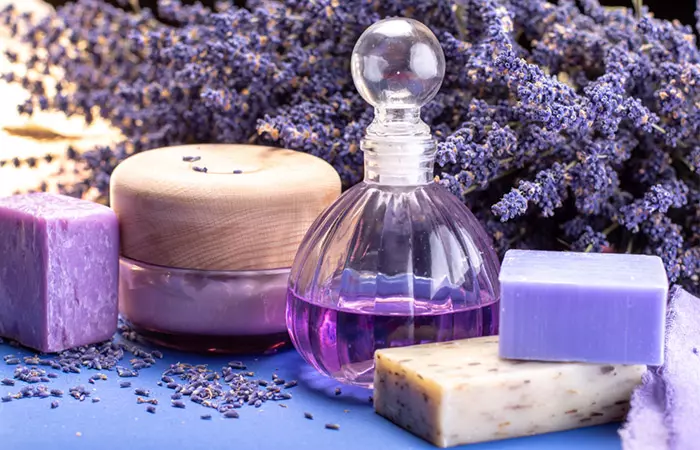
- Wash off the soap you use completely to avoid irritation.
- Thoroughly dry the area after washing to prevent moisture buildup.
- Wear cotton underwear to allow the genitals to breathe.

- Avoid thongs, leggings, or pantyhose to prevent the buildup of sweat and oil.
- Avoid fabrics such as nylon, acetate, and synthetic fabrics.
- Avoid vaginal douches as they may irritate the skin and lead to infection (4).
- Change your underwear daily to help maintain hygiene and prevent bacteria growth.

If you experience recurring issues with smegma even after following these tips, it is best to consult a doctor for personalized hygiene advice. Also, sometimes, despite following preventive measures, your smegma build-up may become unmanageable and the accompanying symptoms can help you decide when to seek medical attention. Let’s explore what they are in the next section.
When To See A Doctor

While the combination of oil and smelly odor is not a cause for concern, leaving it unattended may sometimes lead to health complications. Consult a doctor if you develop any of the following symptoms in or around your genitals:
- Skin irritation
- Itchiness
- Painful urination
- Swelling
- Redness
- Bleeding
In the next section, we will discuss the possible health complications of untreated smegma.
Possible Health Complications Of Smegma
While smegma itself is not a serious condition, these are the possible complications you may develop:
- Balanitis – Balanitis is the inflammation of the tip of the penis. This condition develops due to the buildup of smegma, which hardens on the tip. This can lead to swelling, pain, redness, and inflammation (5).
- Phimosis – It is a condition where the foreskin of the penis is tight and cannot be pulled back over the head of the penis (6). This condition may cause discomfort and difficulty in urinating, and can lead to an increased risk of infections and inflammation (5).
- Clitoral Adhesion– In females, once the smegma builds up, it sticks to the head of the clitoris. This results in the clitoral hood sticking to the shaft, leading to pain and clitoral adhesion (7).
Are you not sure about what to do next? Head onto the next section to get a better understanding of how to get rid of smegma in males and females.
How To Get Rid Of Smegma Buildup In Males And Females
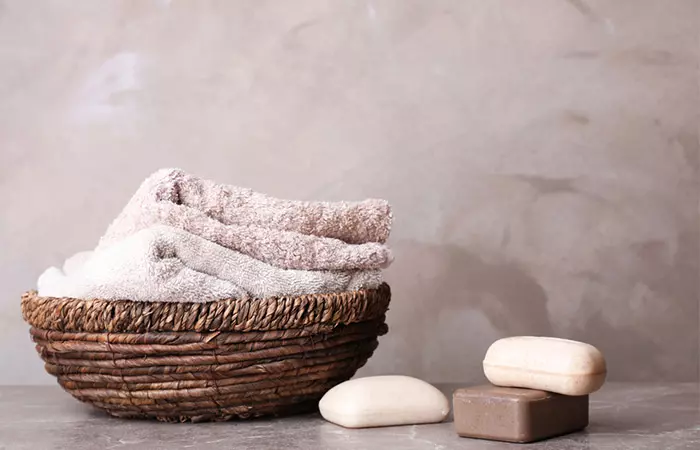
The following are the simplest ways on how to get rid of smegma.
- In Males
The lubricant produced by the body helps retract the foreskin of the penis. Poor hygiene practices allow the lubricant along with dead skin, bacteria, and oils to build up under the foreskin. You must follow these steps while cleaning the penis.
- Completely pull back the foreskin. If the smegma has solidified on the foreskin, it might not be possible to completely pull back the foreskin. Doing so may lead to pain, bleeding, and possible infection.
- Use lukewarm water and mild soap to wash the area. Avoid harsh scrubbing as it may irritate the skin.
- Gently rinse off the soap and dry using a clean and dry towel.
- Draw back the foreskin back and follow this routine daily till smegma disappears.
Smegma may develop in male infants in the form of white pearls under the foreskin. A parent must follow these steps for proper smegma removal.
- Do not completely pull back the foreskin as it may hurt the child. Pull back as much it allows.
- Gently wash the area using mild soap and lukewarm water. Avoid harsh scrubbing as it may cause pain and irritation.
- Gently rinse off the soap and dry with a clean towel.
- Draw back the foreskin back and repeat this routine till smegma is gone.
 Quick Tip
Quick Tip- In Females
Smegma is commonly found inside the vulva or hood of the clitoris. You must follow these steps if you are wondering how to get rid of smegma. They are:
- Position two fingers in a v-shape and gently pull back the vaginal folds.
- Use lukewarm water and mild soap to wash the folds. Do not allow the soap to get inside the vaginal folds as it may cause irritation.
- Thoroughly rinse and pat dry the area with a clean towel.
Incorporating these tips for a healthy vagina can help maintain overall cleanliness and comfort.
Key Takeaways
- Oil glands produce smegma in the genitals to lubricate and moisturize them.
- It may result in a build-up of dead cells, fluids, oils, a foul smell.
- Sometimes, the build-up of smegma causes infection and itching.
- Practicing genital hygiene, using unscented soaps, and wearing breathable underwear can prevent smegma.
Infographic: How To Prevent Smegma
Smegma is a buildup of dead skin cells or oils found on the genitals. This substance occurs naturally as a part of the cleaning process. But left uncleaned, it can lead to several adverse reactions. However, this condition can be avoided by following some simple tips. Illustration: StyleCraze Design Team
Check on the infographic below to learn a few tips on how to prevent smegma.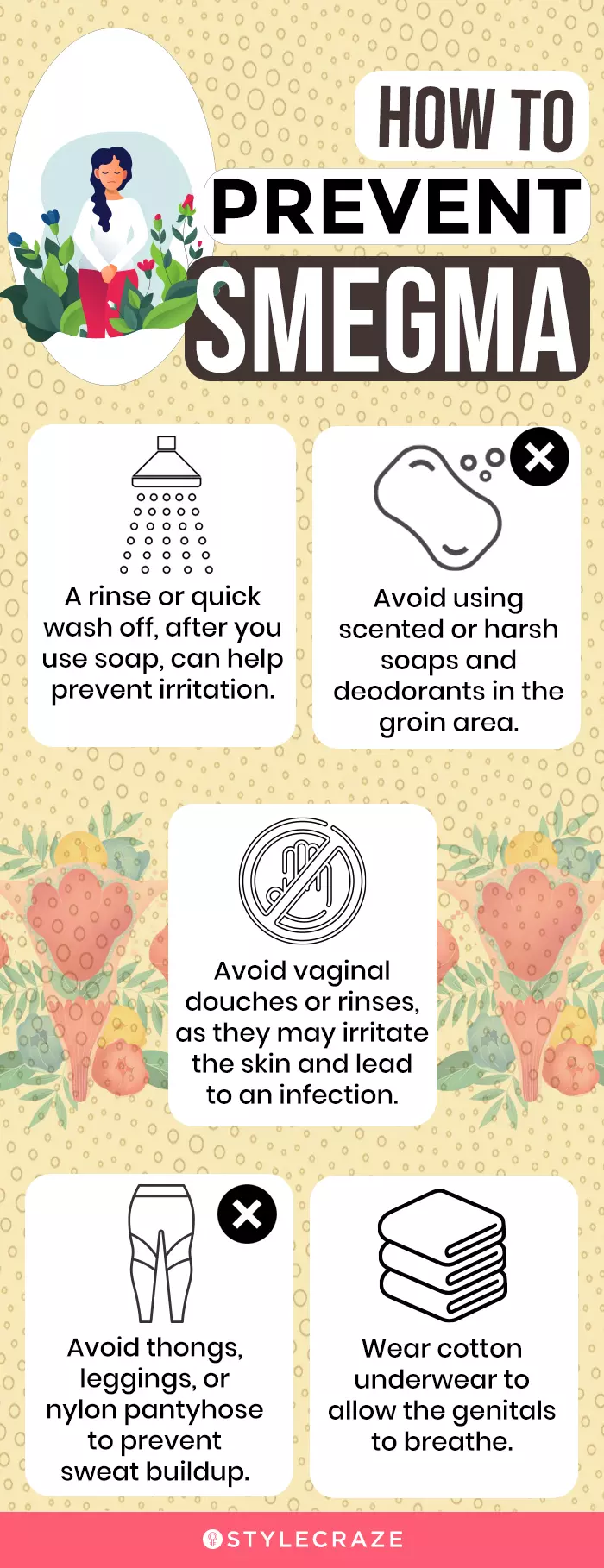
Now that you understand how to get rid of smegma, you can prevent the build-up and the resulting itching or infections. Practicing proper personal hygiene and genital care, avoiding scented soaps or cleansers, and wearing breathable non-tight fabrics, can help keep your vagina clean and dry. Follow the tips and instructions cited above for best results.
Frequently Asked Questions
Can smegma cause UTI?
Yes. Since smegma accumulates due to the buildup of sweat and oil, it increases the risk of contracting urinary tract infections (1).
Can smegma cause ED?
There is currently no evidence that suggests that smegma can cause erectile dysfunction.
How do you get rid of smegma smell?
You can get rid of the smegma smell by washing yourself with warm water and mild soap. If the smell still persists after a few days, please consult a doctor. This approach may also help address concerns about how to get rid of vaginal odor in general, ensuring that any persistent issues are properly managed.
What is the difference between discharge and smegma?
There is a key difference between discharge and smegma. Smegma is a cheesy-colored natural secretion that is produced by the genitals that leads to the buildup of oil, fluids, and dirt in the genitals. It is commonly found inside the vulva or the tip of the penis. Discharge is a white fluid that keeps the genitals moist and clean.
How often should one clean to prevent smegma?
It is recommended to wash your genitals daily to prevent smegma from accumulating.
Smegma is a white, cheesy substance that can build up under the foreskin. Check out the video below to learn more about what it is and how to manage it.
References
Articles on StyleCraze are backed by verified information from peer-reviewed and academic research papers, reputed organizations, research institutions, and medical associations to ensure accuracy and relevance. Read our editorial policy to learn more.
- Microbiology of smegma: Prospective comparative control study
https://www.ncbi.nlm.nih.gov/labs/pmc/articles/PMC6397923/ - Penile Inflammatory Skin Disorders and the Preventive Role of Circumcision
https://www.ncbi.nlm.nih.gov/labs/pmc/articles/PMC5439293/ - Balanoposthitis
https://www.ncbi.nlm.nih.gov/books/NBK553050/ - Vaginal Douching: Evidence for Risks or Benefits to Women’s Health
https://pmc.ncbi.nlm.nih.gov/articles/PMC2567125/ - Balanitis
https://www.ncbi.nlm.nih.gov/books/NBK537143/ - Phimosis: Overview
https://www.ncbi.nlm.nih.gov/books/NBK326437/ - A Retrospective Case Series on Patient Satisfaction and Efficacy of Non-Surgical Lysis of Clitoral Adhesions
https://pubmed.ncbi.nlm.nih.gov/35869023/
Read full bio of Dr. Saba
Read full bio of Sanchari Bhattacharya
Read full bio of Ramona Sinha
Read full bio of Swathi E






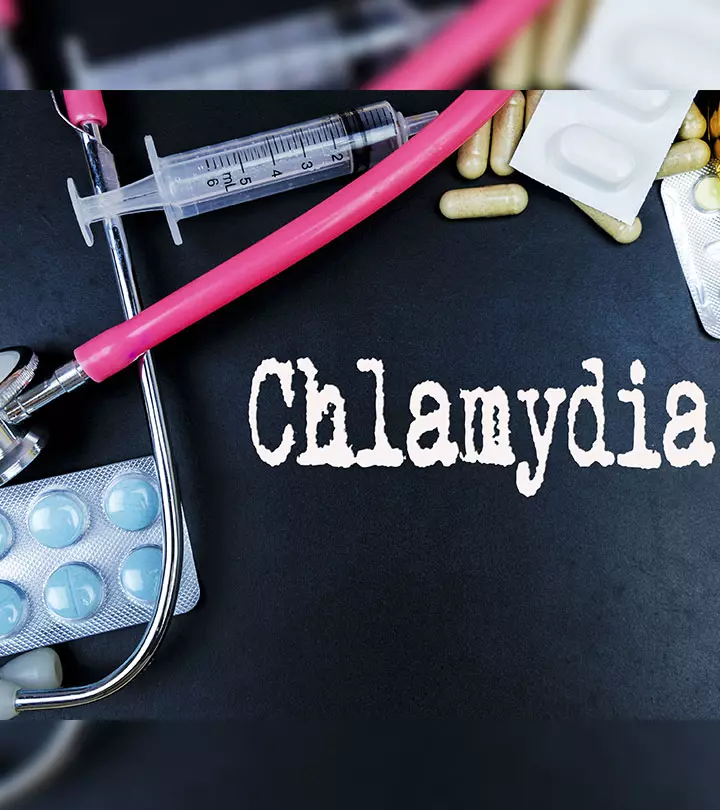

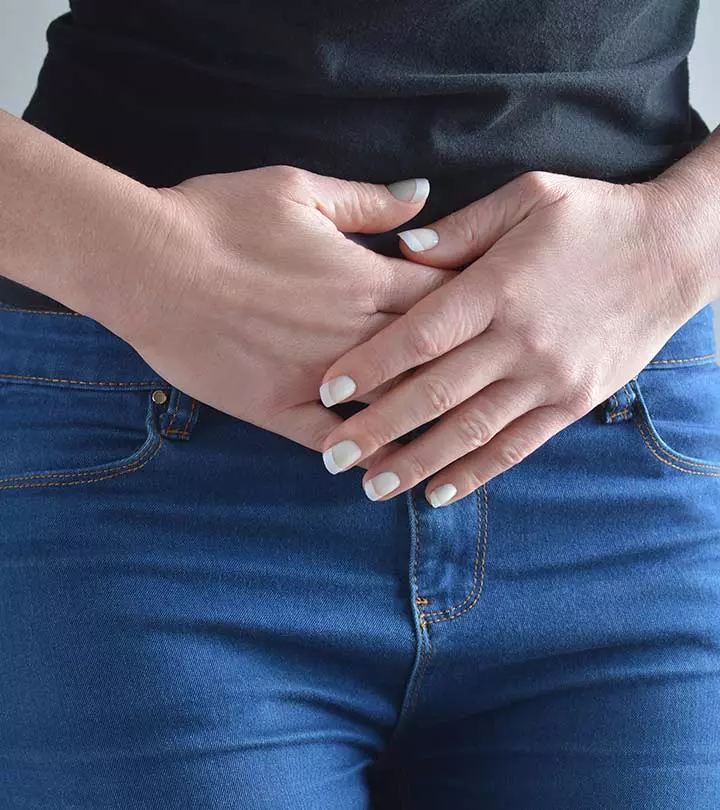






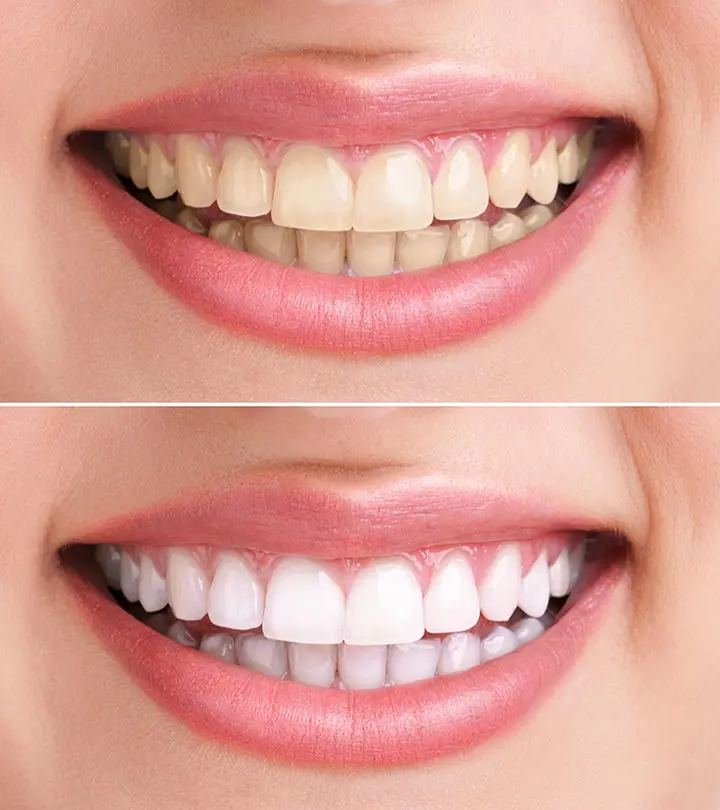








Community Experiences
Join the conversation and become a part of our empowering community! Share your stories, experiences, and insights to connect with other beauty, lifestyle, and health enthusiasts.